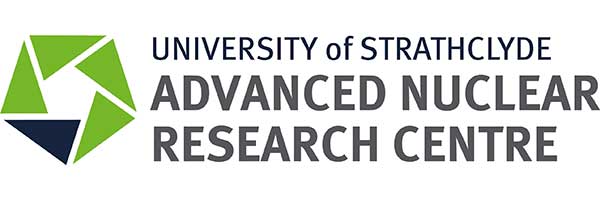Professor Michael Ward attended the recent NIA Decommissioning and Waste Management event and shares his thoughts from the presentations and discussions at the event:
"Ensuring that we ‘learn the lessons of history’ is somewhere between a universal aspiration and a cliché, but how many real examples can we actually think of? In engineering and science, we possibly do better than in some other walks of life. In the case of nuclear decommissioning, there are very good reasons why learning from the past is essential.
It is always highly impressive to see the level of ingenuity that is applied to the challenges of nuclear decommissioning, and the NIA Decommissioning and Waste Management Business Group presentations were no exception. However, with increasing volumes of nuclear waste to deal with, and an ongoing crisis of skills and people capacity, learning from the past means being more systematic in approach and making intelligent use of technology, including off-the-shelf solutions where appropriate.
Installation Challenges:
The session had a past and present focus and started with presentations which identified some of the challenges associated with installations which, in many cases discussed today, represented experimental or proof of concept demonstrators (e.g. GLEEP, CONSORT, WAGR), and which were established at the very forefront of nuclear power generation. The decommissioning challenges that resulted from these early experimental reactors could be characterised as one-off solutions to a series of one-off challenges.
In learning from this experience, it seems both essential and obvious that better record-keeping and more active operational control would mitigate this significant source of increased cost and programme delay.
Emerging Common Practices & One-Off Solutions:
Despite this, it was encouraging to learn that there has been an emergence of common practices, especially around planning, organisation and logistics, along with a significant provision of one-off solutions for one-off problems. In most cases, there was reference to material being size-reduced (cut up) in order to be placed into containers and moved. One of the main generic issues in addressing the legacy sites described in this sector of the agenda was the disruptive effect of unknown or unexpected features and complications in these plants.
Decommissioning Challenges:
The agenda moved towards more current decommissioning challenges. In the case of Magnox it was noted that the current approach is based on the provision of site-specific strategies rather than generic care and maintenance. Bigger containment boxes (4m) have clearly been a key mechanism for simplifying the decommissioning task. Multi component pickup a key challenge and the fact that 40% of Magnox waste is graphite; that graphite will be a key challenge in AGR decommissioning means that strategies for dealing with graphite are particularly important. The situation is also clearly complicated by the extensive use of asbestos on Magnox sites, and the need to safely remove and process before the nuclear hazards are dealt with. It was very encouraging to see some systematic thinking on the eventual end storage state of different waste types, and the challenges and issues that need to be resolved.

Submarine Decommissioning - Potential for SMRs?:
Cavendish aim to complete a full submarine decommissioning by 2026, which will be a world first. Standardisation of submarine propulsion systems coupled with portability offers the possibility of a 'decommissioning factory'. This option provides a glimpse of what might eventually be possible through small modular reactors, built for civil power generation but with similar standard architecture and transportable scale to submarine propulsion units. If this factory-built technology is coupled with suitable operational disciples it should be possible to mitigate some of the unexpected challenges that we see in today’s programmes, especially if modules can be designed with decommissioning in mind e.g. such that ‘size reduction’ isn’t needed.
Event Q&A
The event incorporated panel discussions and Q&A sessions.
- The majority of participants clearly take the view that funding and skills availability are the main barriers to addressing the decommissioning challenge.
- It was somewhat refreshing to hear the view from Magnox that planning ways whereby secondary value can be extracted from nuclear waste (e.g. as isotope sources for medical use or as fuel for future reactor types) could drive both economic and technical solutions in parallel.
- It was also interesting to hear the views of Sam Long of Decom Mission who tried to raise interest in aligning the nuclear decommissioning challenge with the broader Energy Transition to net zero.
- My personal opinion is that this value-based thinking is essential to addressing current and future decommissioning challenges and maintaining it as a focus area for policymakers. As long as decommissioning is perceived as an ongoing national liability is unlikely to attract talented people or increase public funding. A more positive value-based narrative is needed both to ease the pressure on the public purse and responsibly address a major environmental need."
